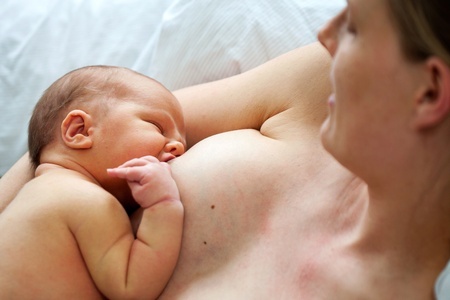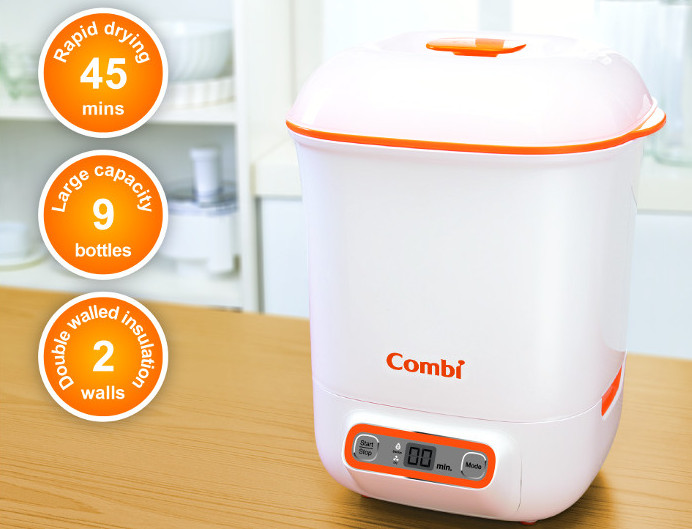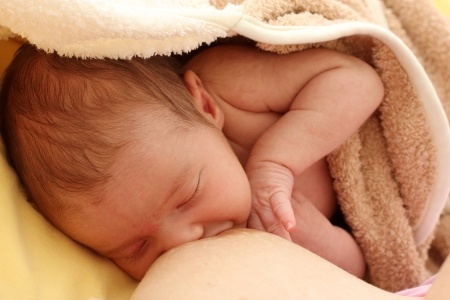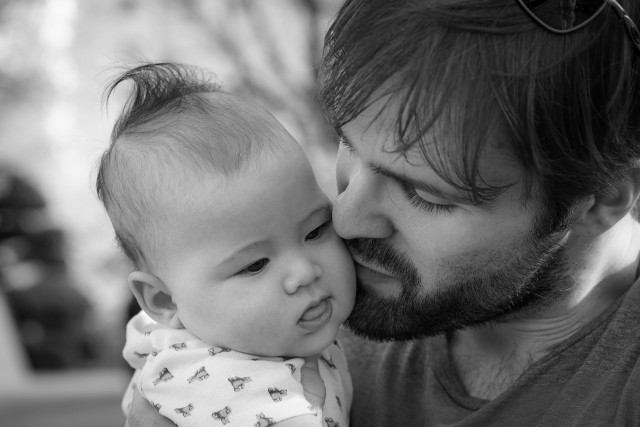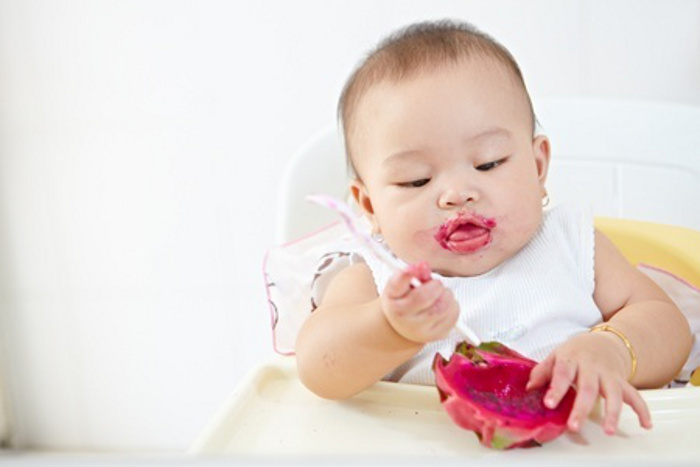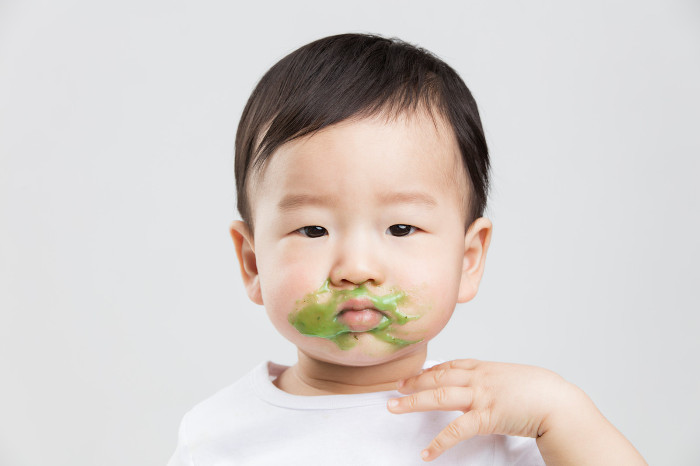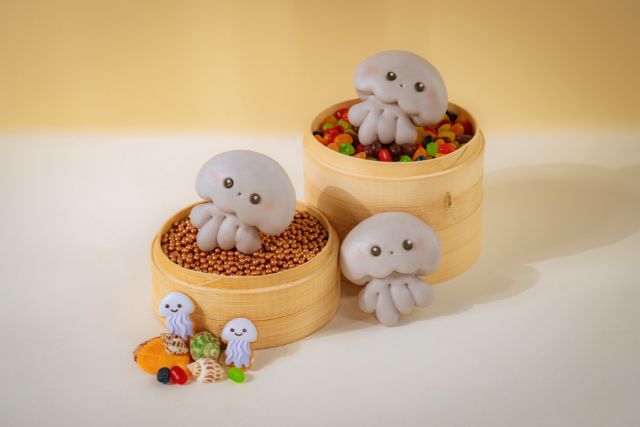The World Health Organisation’s recommendations for infant feeding include early initiation of breastfeeding within the first hour of birth and exclusive breastfeeding for the first 6 months of life¹.
While breast milk is the undisputed nutrition for babies, mothers can encounter physical and emotional issues while trying to make breastfeeding work. This is particularly true when a first-time mum places a lot of pressure on herself to “deliver” the needed amount of breast milk, and should breastfeeding not be smooth, the emotional roller coaster can be intense.

To help first-time parents gain confidence in their breastfeeding journey, TNAP asked an authoritative expert for some guidance. Meet Dr Wong Boh Boi, founder of Wong Boh Boi Pte Ltd (ParentCraft) and an esteemed speaker on pre and post-natal topics.
Here are our top 5 breastfeeding questions for Dr Wong.
1. What are the common breasts or medical conditions that will affect breast milk production?
First of all, it is uncommon (around 5%) that women would have medical issues that are so severe that they are not able to produce breast milk. However, mothers with certain conditions like human immunodeficiency virus (HIV) infection, undergoing chemotherapy or tuberculosis infection may be advised not to breastfeed.
As for the condition of the breast, I have come across mothers with nipple piercing (whereby the piercing has cut into the milk duct) or inverted nipples which make breastfeeding difficult. If you are unsure about your breasts, you can seek professional help from your doctor or lactation specialist early.
2. It is important to breastfeed within the first hour of birth. But how can first-time mum prepare before the baby is born so that breastfeeding can be off to a good start?
Yes, initiation of breastfeeding within the first hour of birth can avert a significant percentage of newborn mortality because the ‘early milk’ colostrum is rich in antibodies and essential nutrients².
Moreover, early breastfeeding has also been shown to improve lactation and this is why it is helpful for first-time parents to know how to get a proper latch-on even before birth so that you can get started on the right technique immediately.
For babies who are separated from mums due to being in the NICU or once lactation is established only after 10 days, babies may not fully consume breast milk. Mothers can pump their breastmilk to empty the breasts to increase their milk supply and to prevent discomfort from breast engorgement.
➡️ Related Read: Am I Producing Enough Breastmilk For My Baby?
3. How do you decide which breast pump and when to start pumping breast milk?
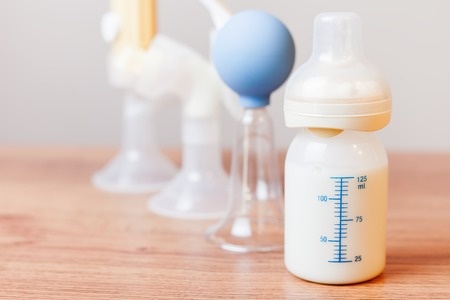
A double-breast electric pump can help to save time and help stimulate breast milk production. However, if that is out of your budget, there is an option of a single-breast pump.
It is best if mothers can try out the fit and comfort before making a purchase, as an ill-fitting model can pinch your breast/ nipple and make it difficult to express milk.
You can start pumping milk from early days of birth to stimulate breast milk supply if a mum is unable to do hand expression, and the best time to do so is before or after the baby is fed.
4. Should babies be fed on-demand?
In the first few months of birth, it is advisable to feed your baby by responding to the hunger cues rather than on-demand as your baby may be screaming and getting frustrated to stay calm and latch deeply, when he/ she is too hungry (late hunger cue).
You can observe this from certain behaviours, such as baby sticking out their tongue, sucking hands, rooting around (meaning baby turning head to search for breast).
5. You have done a study on using cold cabbage leaves for breast engorgement. Can you share more about that?
I have done a Randomised Controlled Trial (RCT) study on 227 mothers with breast engorgement, and cold cabbage leaves were found to be more effective in pain reduction and breast hardness compared to cold gel packs and routine breast care (P value < 0.001)³.
It is a simple process of placing cold cabbage leaves on the breast in between feeding and many mothers have found it helpful. I can teach mothers how to wear it “fashionably” too.
By Marcie Mei
References
1 World Health Organization. Infant and Young Child Feeding. 16 February 2018 who.int/infant-and-young-child-feeding
2 Catharine Paddock PhD. MedicalNewsToday.com. Why Breastfeeding In The First Hour Of Life Is Important. 1 August 2007. medicalnewstoday.com
3 Wong Boh Boi. The effectiveness of cold cabbage leaves and cold gel packs application for mothers with breast engorgement: a randomised controlled trial. 1 August 2015.
* * * * *
Looking to reach over 100,000 parents in Singapore? Let us amplify your message! Drop your contact details here, and we’ll reach out to you.
Discover exciting family-friendly events and places to explore! Join our Telegram channel for curated parenting recommendations.






































